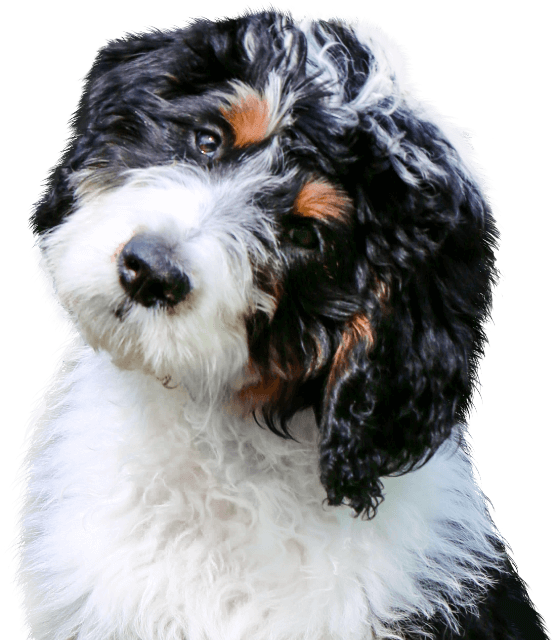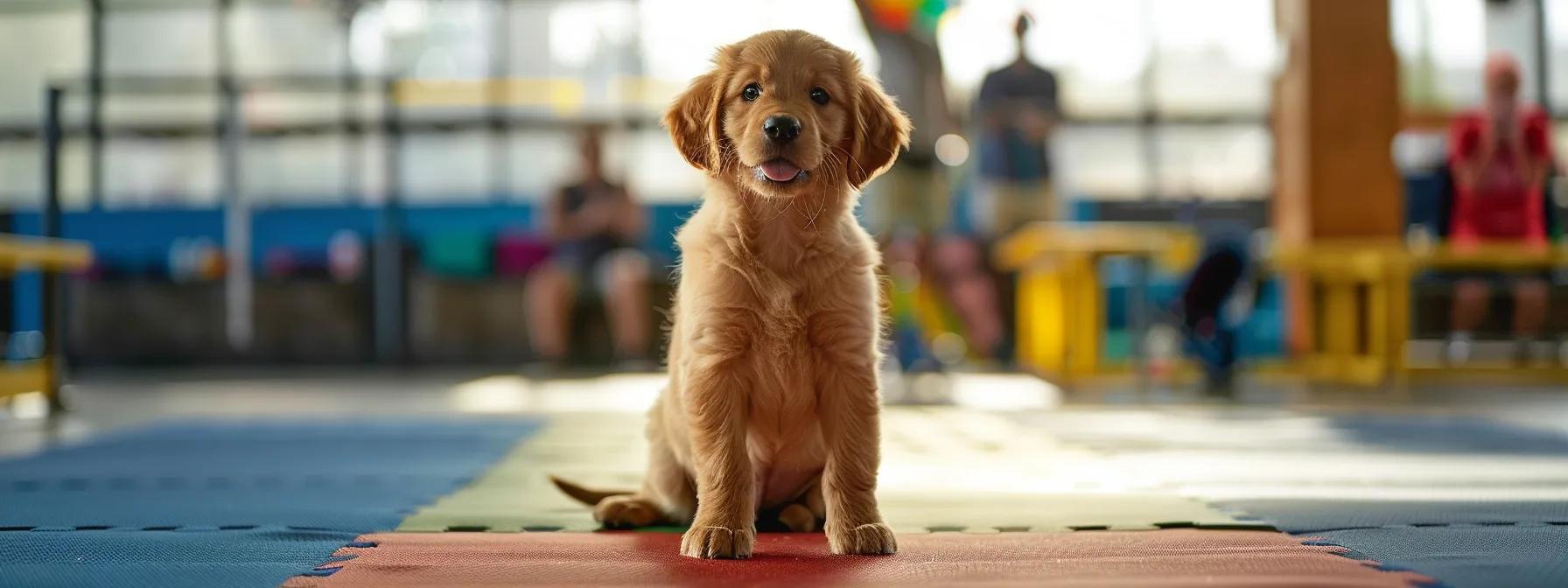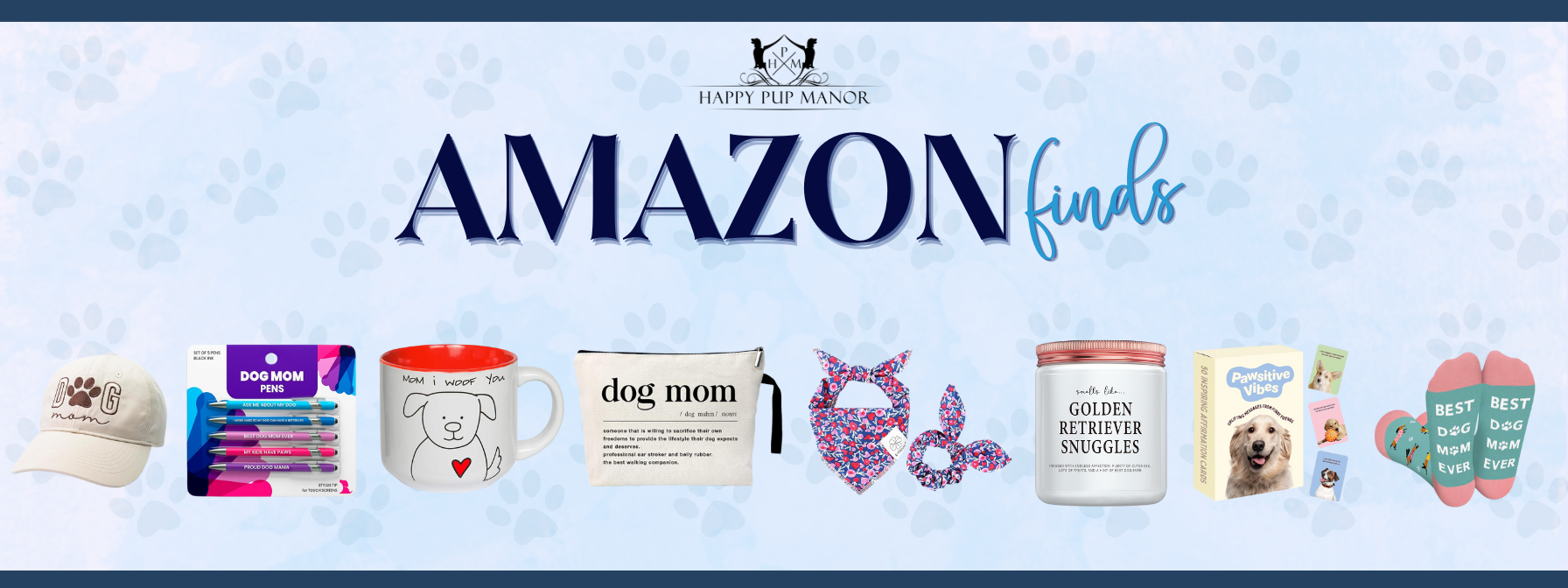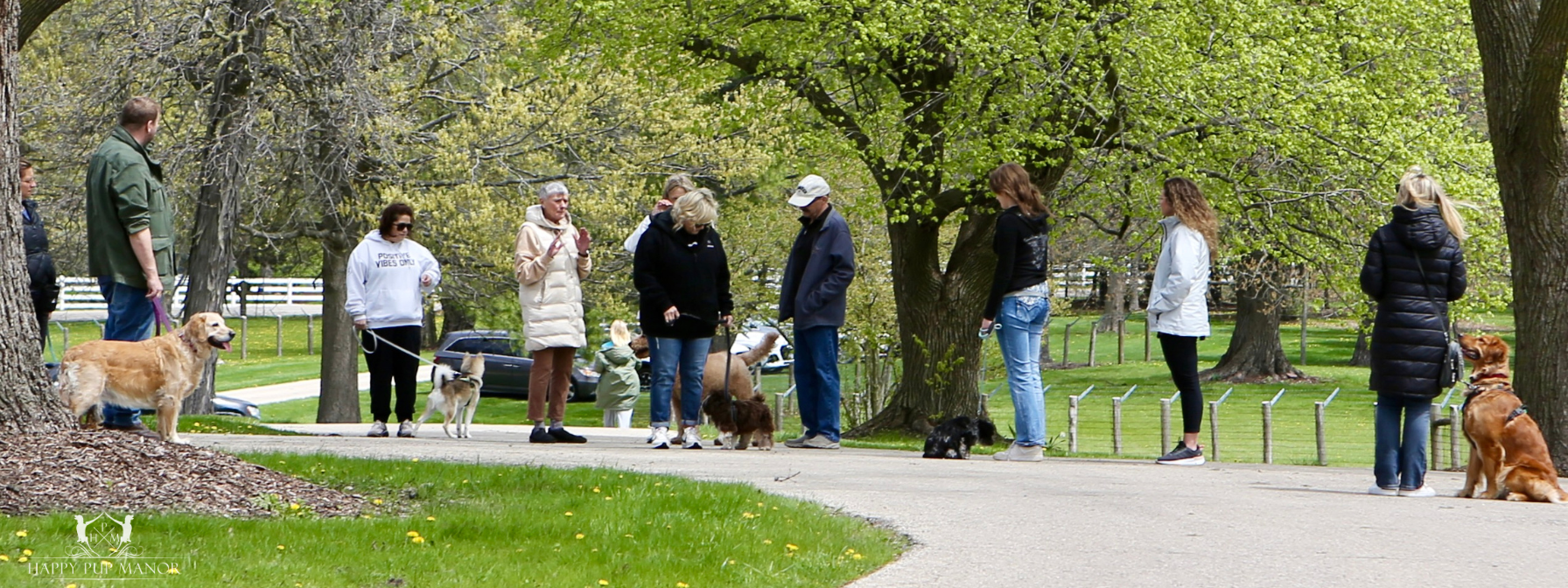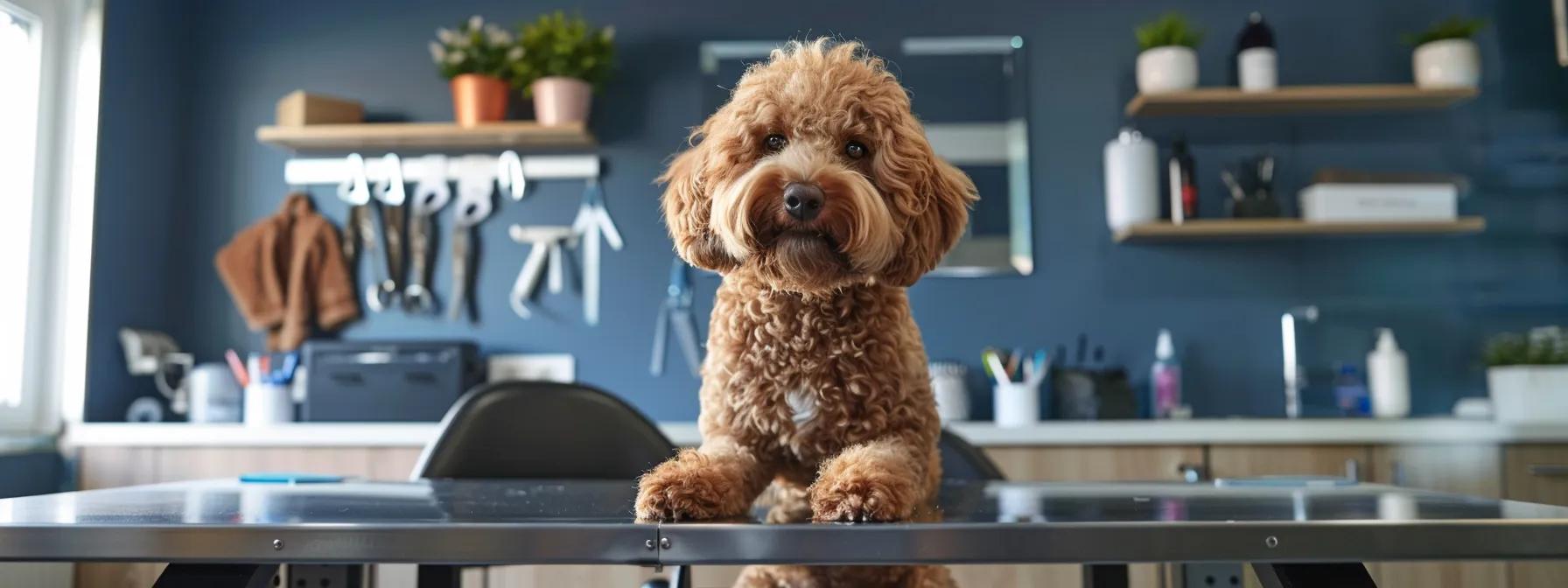Enhancing Socialization in Dog Daycare with Structured Activities
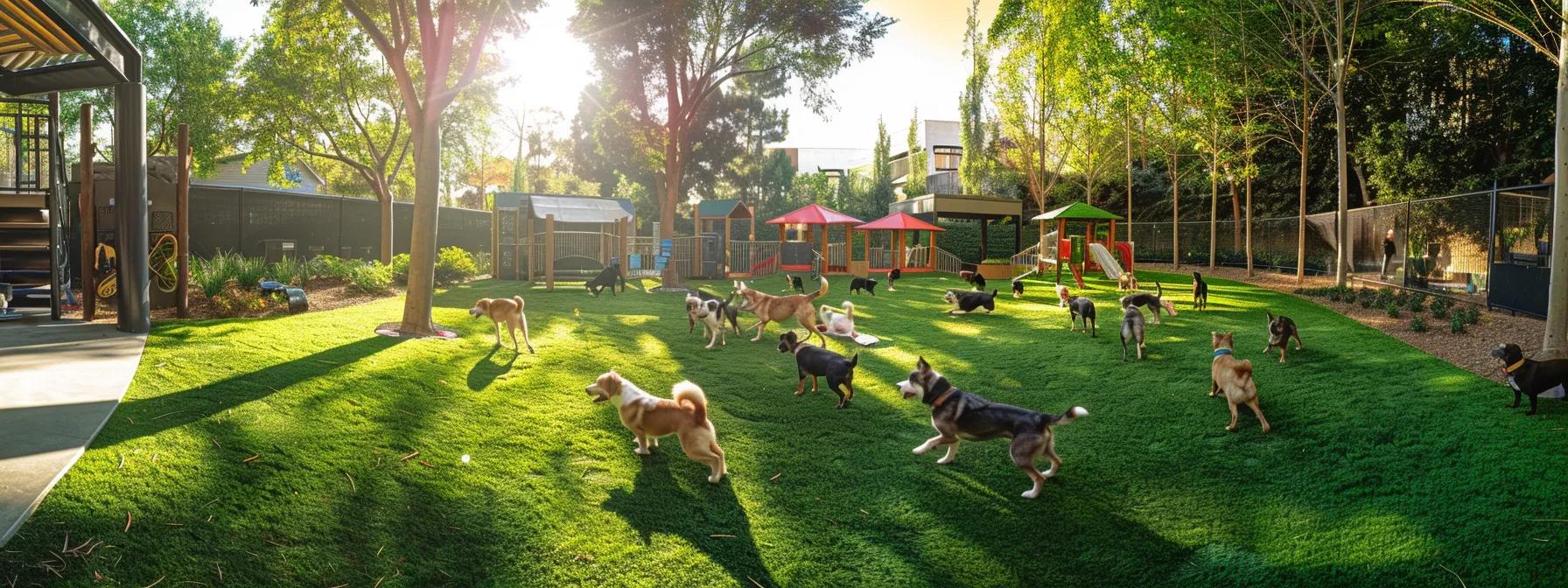
Enhancing Socialization in Dog Daycare with Structured Activities
Structured activities play a crucial role in promoting positive socialization for dogs in daycare settings. At Happy Pup Manor, understanding how to design effective structured activities is essential for enhancing the interactions among animals and pets. This article will cover the importance of structured activities, how to design effective programs, and how to assess dog interaction during these activities. By engaging with this content, dog owners and daycare providers can learn to create an environment that ensures each dog thrives, making it easier to address any challenges they may face in dog training and socialization.
Understanding the Importance of Structured Activities in Dog Daycare

Structured activities play a crucial role in dog daycare and boarding by defining safe spaces for socialization. These organized play sessions promote social interaction, enhancing canine well-being and reducing behavior issues. Professional dog trainers use these activities to provide focused attention, benefiting both dogs and caregivers by fostering a positive environment that mitigates the risk of disease and encourages healthy relationships among animals and pets.
Defining Structured Activities for Socialization
Structured activities in dog daycare are intentionally designed to enhance socialization among pets. These activities are led by a dog trainer from happy pup manor who understands how to foster positive interactions while addressing any fears or anxieties that dogs may have. By implementing specific games and dog training exercises, daycares can create an environment where dogs feel safe and eager to engage with their peers, minimizing the impact of social distancing and promoting healthy relationships among all participants.
The Role of Social Interaction in Canine Well-Being
Social interaction plays a vital role in a dog’s overall well-being, as it affects their behavior, temperament, and stress levels. In a structured daycare environment like happy pup manor, dogs can engage with peers and learn appropriate play behaviors under the guidance of trained professionals who utilize dog training and positive reinforcement techniques. This environment not only helps in minimizing stress but also encourages dogs to develop better leash manners and social skills, ultimately leading to a happier and healthier canine experience.
Enhancing Dog Behavior Through Organized Play
Engaging in organized play is essential for improving dog behavior while in daycare at happy pup manor. Dog trainers utilize structured activities to help dogs interact positively, reinforcing good manners and reducing tendencies like fear or aggression. This dog training approach not only promotes healthy socialization but also supports overall well-being, which is vital for animals and pets with specific dietary needs tied to their dog food or those monitoring health concerns as advised by veterinary medicine. By ensuring all dogs are updated on their vaccines, caregivers can create a safe environment that encourages exploration and positive interactions among canine companions.
How Structured Activities Benefit Both Dogs and Caregivers
Structured activities in happy pup manor dog daycare significantly benefit both dogs and caregivers by promoting positive social behavior and healthy interactions. Through organized play, dogs gain essential exposure to their peers, enabling them to read body language and react appropriately to various situations. This dog training not only helps dogs develop essential social skills but also reduces stress for caregivers, who can be assured that their pets are engaged and well-managed, even those requiring special medication or additional care.
Structured activities bring focus and joy to a dog’s day. Now, let’s look at how to create those activities that keep their tails wagging.
Designing Effective Structured Activities for Dogs

Effective structured activities for dogs are essential for promoting socialization among different breeds. Topics such as selecting suitable activities based on temperament tests, developing a schedule for social engagements, incorporating dog training elements into play, and implementing safety measures against issues like dog aggression and kennel cough, as well as ensuring proper boarding and compliance with the occupational licensure document, will be explored. These insights are vital for creating a safe and engaging environment that supports positive interactions.
Types of Structured Activities Suited for Different Breeds
Different breeds have unique genetic traits that influence their behavior and social needs, making it essential to tailor structured activities accordingly. For instance, energetic breeds like Retrievers may thrive in fetch games or agility courses, while smaller and more sensitive breeds might benefit from quieter activities that minimize noise and stress, such as gentle play with soft toys. By understanding these breed-specific preferences, caregivers can create engaging environments that foster better socialization and help dogs feel more at ease during their daycare experience:
- Energetic breeds like Retrievers benefit from active games.
- Smaller, noise-sensitive breeds thrive in quieter activities.
- Individualized approaches enhance overall socialization efforts.
Guidelines for Scheduling Social Activities
Creating a successful schedule for social activities in dog daycare requires careful consideration of each dog’s unique needs and energy levels. For optimal socialization, activities should be strategically spaced throughout the day, allowing dogs sufficient time to rest and recharge between play sessions. Including a variety of structured exercises, such as interactive games or training drills, can engage dogs of different breeds while promoting healthy social interactions, contributing to a vibrant pack dynamic that benefits all participants.
Incorporating Training Elements Into Play
Incorporating training elements into play is essential for enhancing socialization in dog daycare settings. By integrating commands and obedience exercises into structured activities, such as recall games or sit-and-stay challenges, dogs not only enjoy themselves but also learn vital skills that translate to real-life situations. This approach allows trained professionals to engage dogs actively while promoting positive behaviors, fostering an environment where social interaction and learning go hand in hand, ultimately contributing to a more harmonious daycare experience for all dogs involved.
Safety Measures to Consider During Activities
Ensuring safety during structured activities in dog daycare is paramount for fostering a secure environment. Caregivers should monitor the dogs closely for signs of discomfort or stress, adjusting activities as necessary to meet individual needs. Implementing thorough health checks, maintaining current vaccinations, and supervising play closely can significantly reduce the risk of injuries or illness, creating a safe space where dogs can thrive socially while engaging in fun, structured play.
Carefully planned activities lay the groundwork for meaningful interactions. Observing how dogs engage can reveal much about their instincts and relationships.
Observing and Assessing Dog Interaction During Activities

Key signs of healthy socialization among dogs include positive interactions, comfortable body language, and balanced play. Monitoring behavior during structured activities helps caregivers guide future sessions effectively. Techniques for conflict resolution during play ensure a safe environment, while adapting activities based on individual dog needs promotes overall engagement and social harmony. Each of these aspects supports maximizing socialization in dog daycare.
Key Signs of Healthy Socialization Among Dogs
Key signs of healthy socialization among dogs in a daycare setting include relaxed body language, playful engagement, and appropriate responses to other dogs’ cues. For instance, dogs that exhibit wagging tails and approach others with open postures are typically displaying comfort and readiness to interact. Caregivers should also observe how dogs manage conflict; effective resolution through calm behaviors and alternative play indicates strong social skills and a positive daycare experience for all:
- Relaxed body language, such as wagging tails and loose ears.
- Playful engagement, where dogs initiate and reciprocate play.
- Positive responses to social cues and conflict resolution techniques.
Monitoring Behavior to Guide Future Activities
Monitoring behavior during structured activities is vital for informing future dog daycare sessions. By closely observing interactions among dogs, caregivers can identify which activities foster positive engagement and which may lead to stress or discomfort. For example, if certain dogs seem hesitant during specific games, adjustments can be made to better suit their needs, creating an environment that supports enhanced socialization and overall well-being.
Techniques for Conflict Resolution During Play
Effective conflict resolution techniques during playtime in dog daycare are essential to maintaining a harmonious environment. Professionals trained in canine behavior recommend intervening gently when play escalates, redirecting dogs to alternative activities or guiding them to calmer companions. This proactive approach not only mitigates stress but also teaches dogs vital social skills, ensuring they understand appropriate boundaries and enhancing overall interactions.
Adapting Activities Based on Individual Dog Needs
Adapting activities based on individual dog needs is essential to maximizing socialization in dog daycare. Each dog has unique personality traits and comfort levels, which can significantly influence their engagement in structured play. For example, shy or anxious dogs benefit from slower-paced activities that encourage social interaction without overwhelming them, while more energetic breeds thrive in active games that allow them to expend energy and bond with peers.
- Recognize each dog’s personality to tailor activities.
- Implement calm games for anxious dogs to reduce stress.
- Encourage high-energy play for more active breeds.
The dogs moved together, their energy palpable as they played. In this harmony, owners find the chance to engage deeper, shaping socialization practices that matter.
Engaging Dog Owners in Structured Socialization Practices

Effective communication with pet owners is essential in maximizing socialization in dog daycare through structured activities. Sharing activity schedules keeps owners informed, while encouraging participation in daycare events fosters a sense of community. Additionally, providing progress reports and socialization milestones helps owners track their dog’s development, reinforcing the positive impact of these initiatives.
Communicating Activity Schedules to Pet Owners
Communicating activity schedules to pet owners is essential for fostering transparency and trust in the daycare environment. Regular updates about structured activities not only keep owners informed but also encourage them to engage with the daycare community, enhancing their overall experience. For example, sharing a weekly activity schedule can help owners understand how their dogs interact socially, leading to more supportive conversations about their pets’ development and well-being.
Encouraging Owner Participation in Daycare Events
Encouraging owner participation in daycare events is fundamental for fostering a vibrant community around the dogs and their caregivers. Organizing social gatherings, training workshops, or inclusive play sessions not only allows owners to witness their pets’ social development but also builds trust and transparency between them and the daycare staff. Such involvement enhances dog daycare experiences by allowing owners to connect, share insights, and reinforce training practices at home, ultimately benefiting both the dogs and their families:
- Host regular social gatherings to build community.
- Offer training workshops for both dogs and owners.
- Ensure open communication and feedback channels.
Sharing Progress Reports and Socialization Milestones
Sharing progress reports and socialization milestones with dog owners is vital in fostering a strong connection between the daycare and pet parents. Regular updates can highlight positive interactions, improved behaviors, and areas of growth, which reassures owners that their pets are thriving in a safe and engaging environment. Moreover, these insights empower owners to reinforce training and social practices at home, leading to more consistent positive experiences for their dogs both in daycare and beyond.
Building Community Among Dog Owners Through Events
Building community among dog owners through events is an effective way to enhance the daycare experience for both pets and their families. Organizing gatherings such as social days, training workshops, and informational sessions allows owners to connect with others who share their commitment to canine well-being, fostering relationships that extend beyond daycare. These events not only provide owners with valuable insights into their dogs’ social development but also create a supportive environment where they can exchange tips and experiences, further enriching the socialization process.
- Host social days for owners to engage with each other and their dogs.
- Arrange training workshops to reinforce positive behaviors and techniques.
- Facilitate informational sessions on canine health and social needs.
Despite the benefits of structured play, obstacles often arise. Understanding these common challenges can pave the way for smoother, more effective socialization.
Common Challenges in Implementing Structured Activities

Implementing structured activities in dog daycare often presents several challenges. Addressing varied energy levels among dogs requires careful planning to ensure all can engage meaningfully. Additionally, managing introverted or anxious dogs in social settings is crucial for their comfort. Overcoming space or resource limitations can impact the range of activities offered. Lastly, solutions for ensuring consistent participation help maintain a balanced and dynamic environment for socialization.
Addressing Varied Energy Levels Among Dogs
Addressing the varied energy levels among dogs in daycare requires a thoughtful approach to structure activities effectively. Caregivers can implement a combination of high-energy games for active breeds and calming exercises for more introverted dogs, ensuring that all participants find engagement suited to their needs. Tailoring sessions allows caregivers to promote enjoyable interactions, reducing the likelihood of stress or overwhelm while maximizing socialization opportunities for every dog.
Managing Introverted or Anxious Dogs in Social Settings
Managing introverted or anxious dogs in social settings at daycare requires a thoughtful approach from caregivers. Recognizing signs of discomfort is vital, including avoiding eye contact or maintaining a low posture, as this helps staff tailor the activities to meet the individual needs of each dog. Gradually introducing these dogs to social interactions through controlled environments, such as pairing them with calm companions and engaging in low-pressure games, promotes confidence and ultimately enriches their socialization experience.
- Recognize signs of discomfort among anxious dogs.
- Implement gradual introductions to social interactions.
- Pair introverted dogs with calm companions for support.
- Engage in low-pressure games to build confidence.
Overcoming Space or Resource Limitations in Daycare
Overcoming space or resource limitations in dog daycare requires creative planning and efficient use of available areas. For instance, utilizing different zones for various activities can help manage larger groups and cater to varying energy levels among dogs. Incorporating adaptive activities, such as structured games that can be played in smaller areas, ensures that all dogs remain engaged and can socialize effectively, promoting a fulfilling and safe daycare experience.
Solutions for Ensuring Consistent Participation
Ensuring consistent participation in structured activities at dog daycare involves clear communication with pet owners and designing engaging schedules that encourage attendance. Daycare facilities can foster commitment by sending regular reminders and updates about upcoming events, allowing owners to plan accordingly. Incorporating varied activities that cater to different energy levels and interests can also motivate more dogs to participate, enhancing their socialization opportunities and overall well-being.
Challenges may arise in creating structured activities, yet it is only through these trials that true growth is revealed. To understand this growth, one must look to how success is measured in these socialization practices.
Measuring the Success of Structured Socialization Practices

Measuring the success of structured socialization practices in dog daycare involves several key components. Identifying Key Performance Indicators helps evaluate outcomes effectively. Gathering feedback from pet owners and staff provides valuable insights into experiences. Additionally, understanding the long-term benefits of structured socialization on dog behavior, along with reviewing case studies of successful daycare programs, showcases best practices and reinforces the importance of these initiatives.
Key Performance Indicators for Evaluating Outcomes
Key Performance Indicators (KPIs) serve as essential tools for evaluating the effectiveness of structured socialization practices in dog daycare settings. Metrics such as the frequency of positive interactions among dogs, the reduction of behavioral issues, and feedback from pet owners provide valuable insights that help gauge the success of the activities. By closely monitoring these indicators, daycare professionals can identify areas for improvement and ensure that the structured activities foster a safe, engaging environment that enhances the overall well-being of all dogs involved.
Gathering Feedback From Pet Owners and Staff
Gathering feedback from pet owners and staff is vital for evaluating the success of structured socialization practices in dog daycare. Regularly soliciting input through surveys or informal discussions helps daycare professionals understand what activities resonate well with the dogs and their caregivers. This proactive approach fosters a collaborative environment, allowing caregivers to make necessary adjustments to enhance the overall experience for pets while addressing specific concerns or needs expressed by owners.
Long-Term Benefits of Structured Socialization on Dog Behavior
Structured socialization activities in dog daycare bring long-term benefits that significantly enhance canine behavior. As dogs engage regularly in well-planned interactions, they tend to develop better social skills, leading to improved manners and reduced behavioral issues such as aggression or fearfulness. Over time, these positive experiences create a more balanced and confident dog, making them easier to manage in various social settings and contributing to a more harmonious relationship with their owners.
Case Studies of Successful Daycare Programs
Case studies of successful daycare programs illustrate the effectiveness of structured activities in enhancing canine socialization. One prominent example involved a daycare that implemented tailored group play sessions based on individual dog temperaments, leading to increased engagement and reduced anxiety among shy dogs. By monitoring interactions and adapting activities to meet the specific needs of each breed, this program successfully fostered a harmonious environment where all dogs could thrive socially.
- Implementation of tailored group play sessions.
- Increased engagement and reduced anxiety among shy dogs.
- Regular monitoring and adaptation of activities.
- Creation of a harmonious environment for socialization.
Conclusion
Maximizing socialization in dog daycare through structured activities is essential for fostering healthy interactions among pets. These organized experiences not only enhance each dog’s social skills but also contribute to their overall well-being. Tailoring activities based on breed-specific needs further supports positive engagement, creating a safe and enjoyable environment for all participants. By prioritizing structured play, caregivers can significantly improve both canine behavior and the daycare experience for dog owners.

